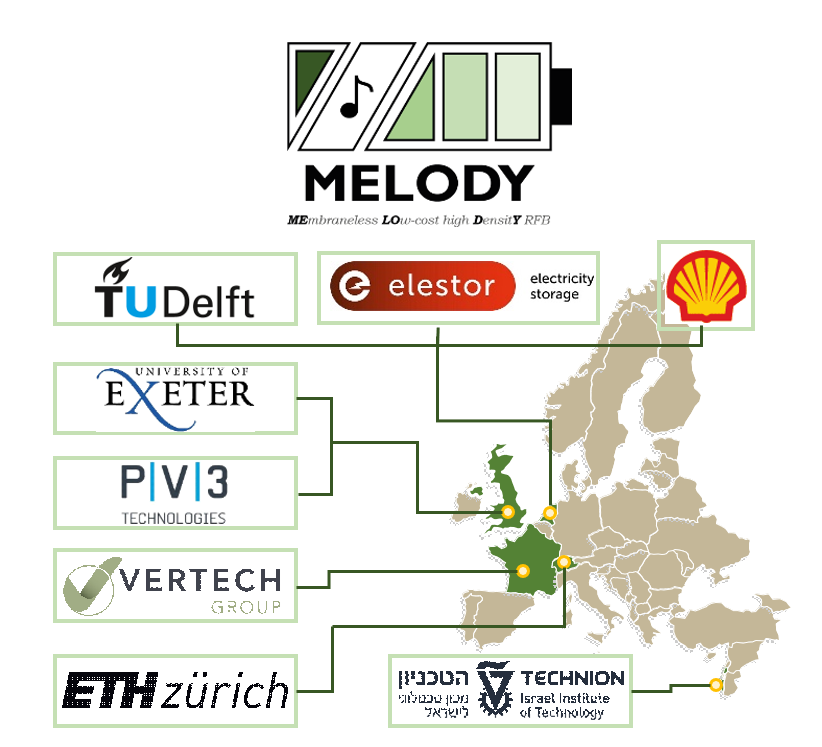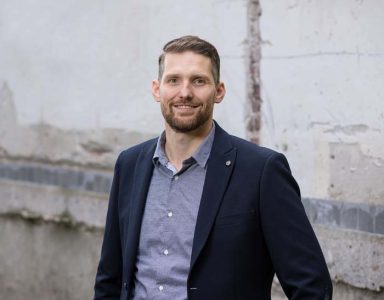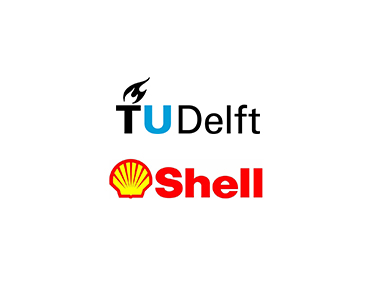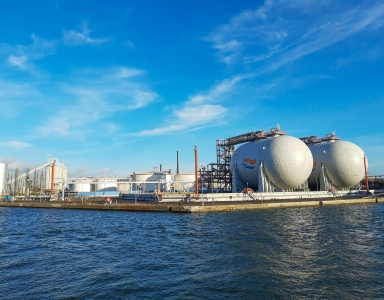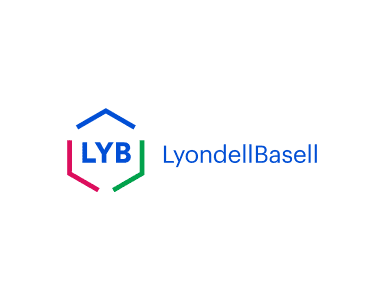MELODY consortium receives H2020 grant for Redox Flow Batteries Energy Transition
World-class consortium with TU Delft, Shell and more partners
The MELODY project has been rewarded with a grant from the prestigious European Horizon 2020 programme. The proposal was in response to the H2020 call named ‘Advanced Redox Flow Batteries for stationary energy storage’.
Hezelburcht has written the application in collaboration with the project partners. Our senior grant specialist Bram van Weerdenburg was responsible for the project management and coordination during the writing & submission phase and helped the consortium by reviewing the proposal to increase the quality of the grant proposal.
MELODY project focuses on grid-scale stationary & energy storage
The energy transition requires solutions for the decentralized storage of solar and wind energy and the balancing of fluctuating production capacity. Redox flow batteries (RFB) are considered prime candidates for grid-scale stationary energy storage due to their ability to store large amounts of electrical energy for extended periods and release it quickly when needed. Read more about the project
Interview about the collaboration | Hezelburcht as grant partner
David A. Vermaas, Assistant professor from TU Delft / Transport Phenomena (TP) is one of the key figures within the consortium and act as coordinator. Bram van Weerdenburg asked him about his experience regarding our role as grant partner within the MELODY project.
We are very proud to have supported the MELODY-consortium with the draft of the project proposal. Congratulations with this grant award from the European Commission! - Bram van Weerdenburg
Thank you. We’re very happy with this project, and grateful for the support. - David A. Vermaas
At the initial kick-off meeting it became evident the technical goals of the consortium are very ambitious and that close collaborations between different partners is required to achieve the goals. The consortium is an excellent mix of large companies, SME’s and universities such as TU Delft. As coordinator of the project, could you tell a bit more how the consortium was formed? - Bram, Hezelburcht
One of the strong points of our project, I believe, is the diverse partners in the consortium: 4 knowledge institutes (ETH, Technion, University of Exeter and TU Delft), 3 SME’s (Elestor, PV3 technologies and Vertech) and 1 large industrial partner (Shell), and in addition 6 industry-related external advisory board members. This mix excellently fits the scope and TRL of this project. For the project direction and the consortium forming, we received very active participation and own initiative from the SME/industrial partners themselves: the initial partners have very well leveraged their network to find suitable partners that balanced the team. Most partners also knew each other already from previous work in the field, which helps to identify each other’s strengths. And Hezelburcht organized the work distribution, making the project comprehensive. - David, TU Delft
What is the role of TU Delft in the consortium? - Bram, Hezelburcht
As a technical university, we are eager to find new technology advancement and understanding the science behind it. For the MELODY project, we’re active in developing new cells architectures and electrolyte chemistries. This science and engineering is about 80% of our work. In this project, we have the role as project coordinator, which means we take care of the overarching project tasks, such as organizing meetings, taking care of project administration, communication with EU, and optimizing the collaboration between all partners. - David, TU Delft
TU Delft is quite active in the area of large scale energy storage research. How does this project relate to these activities? - Bram, Hezelburcht
TU Delft has combined efforts from multiple disciplines in energy storage and electrochemical conversion a few years ago, and that has been very productive in creating new breakthroughs. The platform at which we collaborate in this field is e-refinery. We have seen that many new projects are established, new professors and researchers are hired in this field, and we’re gaining momentum to cover the full range of topics in energy storage and electrochemical conversion. That includes Hydrogen production, CO2 capture and conversion technologies, system analysis, economic views, electrical engineering and new battery technologies. This project makes an excellent fit in this TU Delft framework as a new battery technology and is filling the gap between fast batteries (e.g. Li-ion) and power-to-liquids. - David, TU Delft
How did you experience the collaboration with Hezelburcht? - Bram, Hezelburcht
Very open and clear. The partners have been called in at the right moment for their input and help, and I think everyone was happy in the end. Also, the proposal balance was taken good care of. And I think it helped that Hezelburcht had close contact with the partners directly, instead of only via us, which made the proposal a good collaborative effort. - David, TU Delft
Would you recommend us and why? - Bram, Hezelburcht
Sure. Considering the very competitive Horizon2020 calls, guiding a consortium to a successfully granted project is always a big achievement, and we’ve been very happy with the input of Hezelburcht. - David, TU Delft
